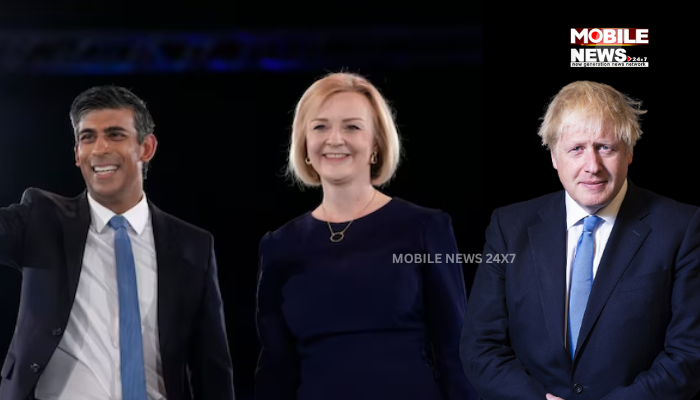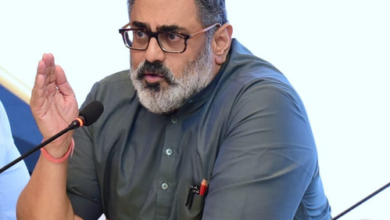
Mobilenews24x7 Bureau
It was, perhaps, unprecedented in Birtian’s political history that, though an arduous turmoil its political shifts also created a history and new phases. Change of the Prime Minister Boris Johnson, four Chancellors ,forcing Truss out and ushering in a new King.
It was both, taking a political toll and a climate of uncertainty still looming over. Liz Truss who succeeded Boris also created a history, although an embarrassing one, in UK’s political history to become the shortest serving Prime Minister in Britain.
Liz Truss resigned as the Prime Minister and leader of the Conservative Party on last Thursday after reading out a statement outside 10, Downing Street. She said she was doing so because she could not deliver the mandate on which she was elected as the Tory leader, just 46 days before.
So, with that, the curtain came down on her short span of 44 days as the PM.
The final act was preceded by a period of immature and unviable decisions, taking the British public for granted and backstabbing and infighting amongst Conservative Party members.
It was a combo of both one predicted during Johnson while in the case of Truss on one ground that was resignation of their Chancellors. First it was Rishi Sunak and later it was Home Secretary Suella Braveman. That was what essence one could gather from British Media.
It has remained quite a stormy phase and dwindling from the days, on September 6, assured the electorate that her government will “ride out the storm” together and she will do everything to bring the living costs down by imposing a cap on energy prices for the next two years.
But her Chancellor Kwasi Kwarteng who presented a mini-budget on September 23, completely rattled the markets. His suggestions included abolishing the 45 per cent rate on earnings over 150,000 pounds, and government plans to borrow around 2 billion pounds annually.
The not so mini fiscal plan that was intended to boost UK growth, spooked the investors, and sent the pound to a record low against the dollar. Sterling’s fall produced higher import prices, and concerns about skyrocketing borrowing costs.
Truss’s mini-budget was seen as overly aggressive, with her tax proposals and spending initiatives viewed as unsustainable, moreover these cuts were unfunded and affected the investors and market’s confidence in the UK economy.
Unprofessional Truss Became
To undo the damage Truss in an unprofessional manner fired her Chancellor and she has been reported as saying that she was forced to do so to save her own skin.
She further pulled another rabbit out her the hat on October 14 when she unexpectedly sacked her Chancellor Kwasi Kwarteng who was summoned to return early from the annual IMF summit in Washington.
She replaced Kwarteng with Jeremy Hunt, who made a complete U-turn and abolished majorly all proposals of his predecessor. Thus with this, her humiliation was complete. Her public standing and political savvy took a severe hit.
Following the course of developments in these pages, one can say that, mistakes after mistakes were committed and another blow was served when her Home Secretary Suella Braverman resigned on October 19, after backpedalling furiously on her statement calling Indians the biggest visa overstayers in the UK.
Now who?
The contest to find the next Tory leader and PM has been kick started; the most important man to play a major role in this is Graham Brady, chairman of the Conservative Party’s 1922 Committee, who says that that a shorter contest may give a result by next Friday. Current Chancellor Jeremy Hunt has refused to run but Rishi Sunak, Boris Johnson and Penny Mordaunt are all seen as contenders.





